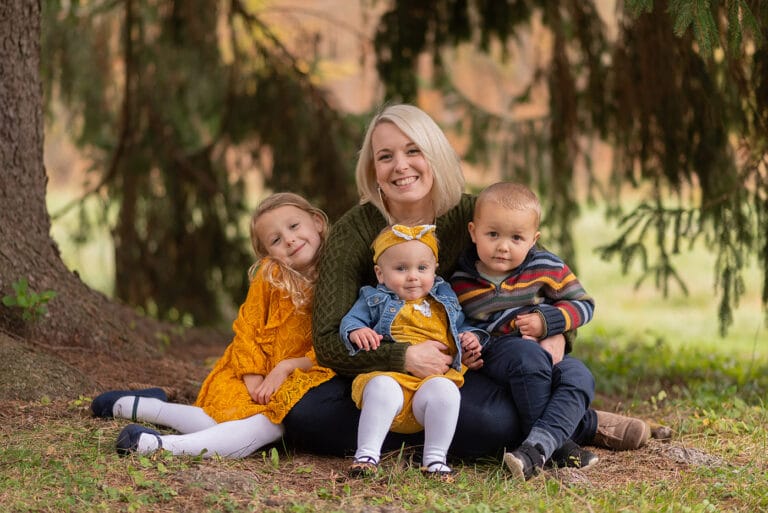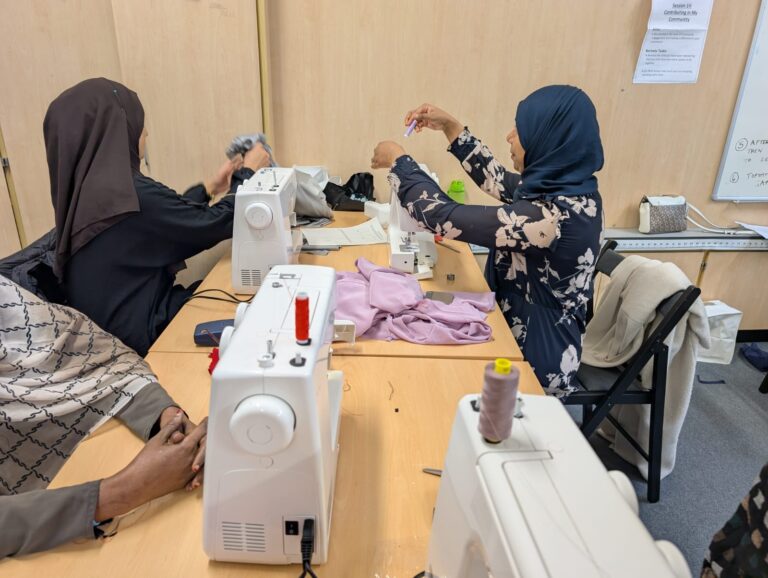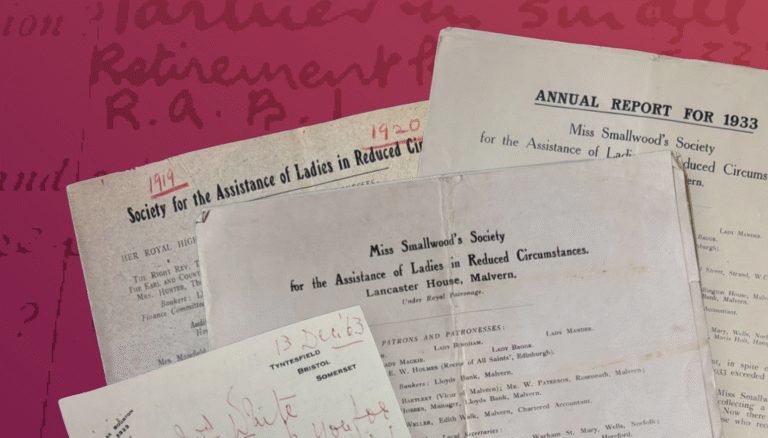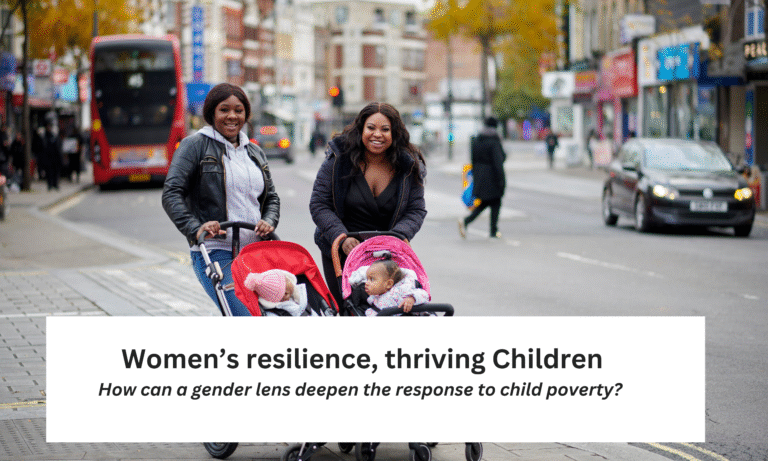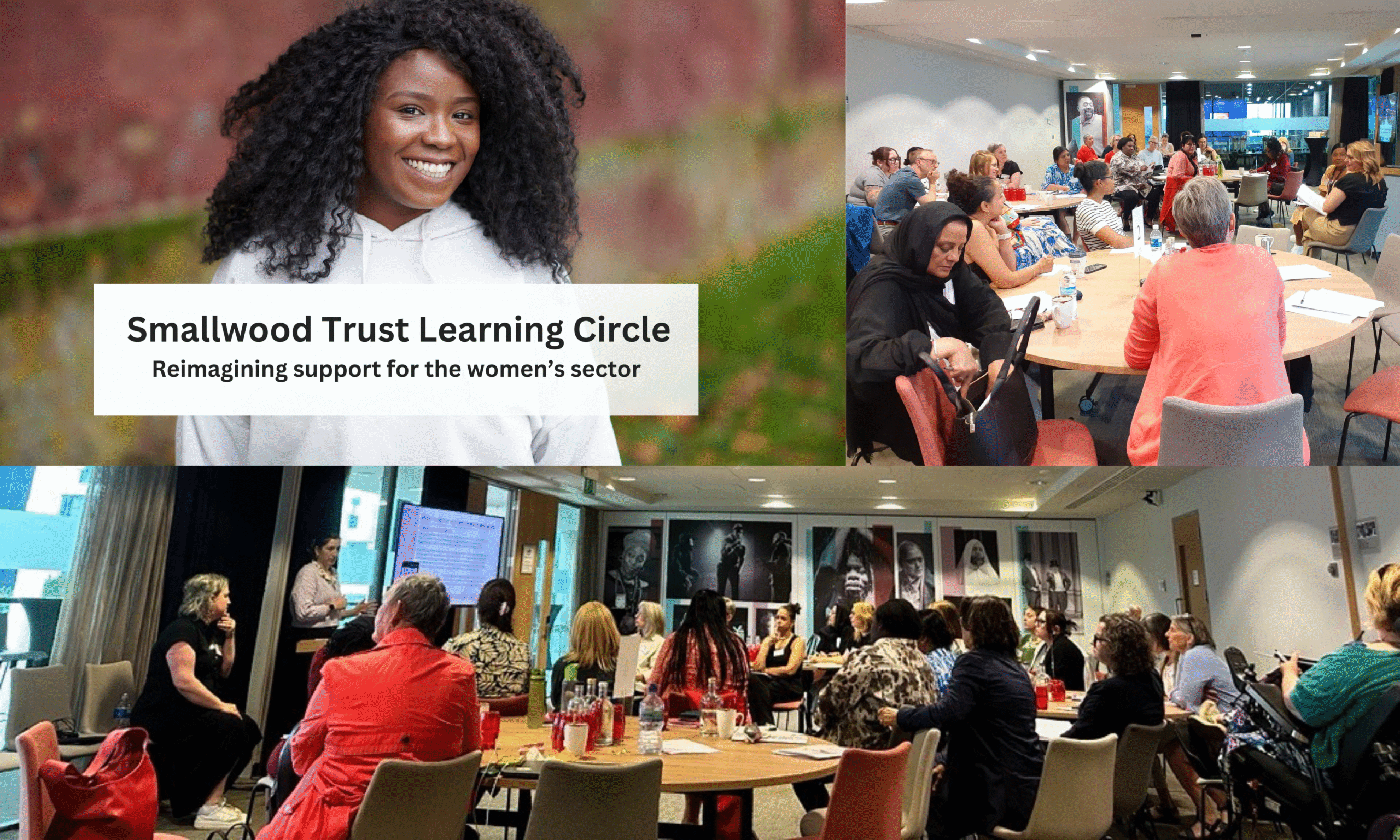
Learning Together: How Partnerships Form and the Role of Funders
September 24, 2025As part of our external sharing learning strategy, we hold Learning Circles every four months to bring together funders, women’s organisations, and influencing partners. These spaces are designed to share learning from the frontline, centre the expertise of the women’s sector, and explore how collective approaches can shift power in funding and policy. To carry this learning further, we convene funder-only online sessions in between, creating a dedicated space to continue the conversations from Learning Circles and reflect on the role of funders in enabling change.
On 11 September 2025, we held one of these funder learning sessions on the theme How Networks and Partnerships Emerge and Develop and the Role of Funders.
We began by asking a grounding question: When you think of partnerships, what comes to mind? The responses captured the diversity of experience in the room. Partnerships were described as “complex,” full of “opportunities,” about “potential and collective power,” about “bolstering existing work,” and about “bringing different specialisms together.” These reflections set the tone for a thoughtful conversation about how partnerships take shape, what enables them to thrive, and the delicate role funders can play.
To deepen the discussion, we looked at two contrasting examples of Smallwood-funded partnerships. In one, collaboration emerged organically from shared concerns, growing gradually through collective understanding. In another, funders played a more active role from the outset, shaping the partnership’s structure and direction. While both approaches had value, they also carried risks. Funders reflected on how too much involvement can over-shape and create tensions, while too little can leave partnerships under-resourced. The challenge is to strike a balance, creating enabling conditions while keeping the focus on shared issues and outcomes.
A recurring theme was the importance of resourcing the conditions that allow partnerships to flourish. This includes funding facilitation, coordination, and the thinking time that is so often undervalued in frontline delivery. Participants agreed that cohort models in particular can help reduce competition, build trust, and encourage peer learning. At the same time, there was recognition that not all partnerships are designed to last beyond initial funding, and that this should not be seen as failure. Even short-lived collaborations can leave behind valuable legacies in the form of relationships, shared knowledge, and new ways of working. Where long-term policy influence is the goal, however, sustained investment in infrastructure such as CRM systems, administrative support, and dedicated coordination was seen as essential.
The group also shared experiences of how funders can enable collaboration in practice. Communities of practice, where all organisations are funded equally, were seen as effective in removing competition and opening space for honest exchange. Some funders spoke about conversational approaches such as regular peer meetings that encourage organisations to share both achievements and challenges. Others highlighted the importance of paying for participation, recognising the real cost of stepping away from delivery. Past experiences of annual grantee gatherings were also remembered as moments that sparked loose networks and ongoing peer support.
The session closed with a recognition that partnerships are diverse, shaped by different contexts and needs. Whether they last for a short period or evolve over the long term, they leave
behind something of value, be it stronger relationships, insights, or collective capacity in the sector.
Key Takeaways
· There is scope for both strategic circles for funders and peer spaces for programme managers, strengthening practice across the sector.
· Resourcing infrastructure and reflection time is just as important as resourcing delivery.
· The balance to strike is creating enabling conditions without over-directing.
· Even time-limited partnerships can leave behind lasting value through relationships, shared knowledge, and learning.
If you would like to join the conversation, please contact Rutendo Ngwena at rutendongwena@smallwoodtrust.org.uk. We look forward to continuing to learn together.
